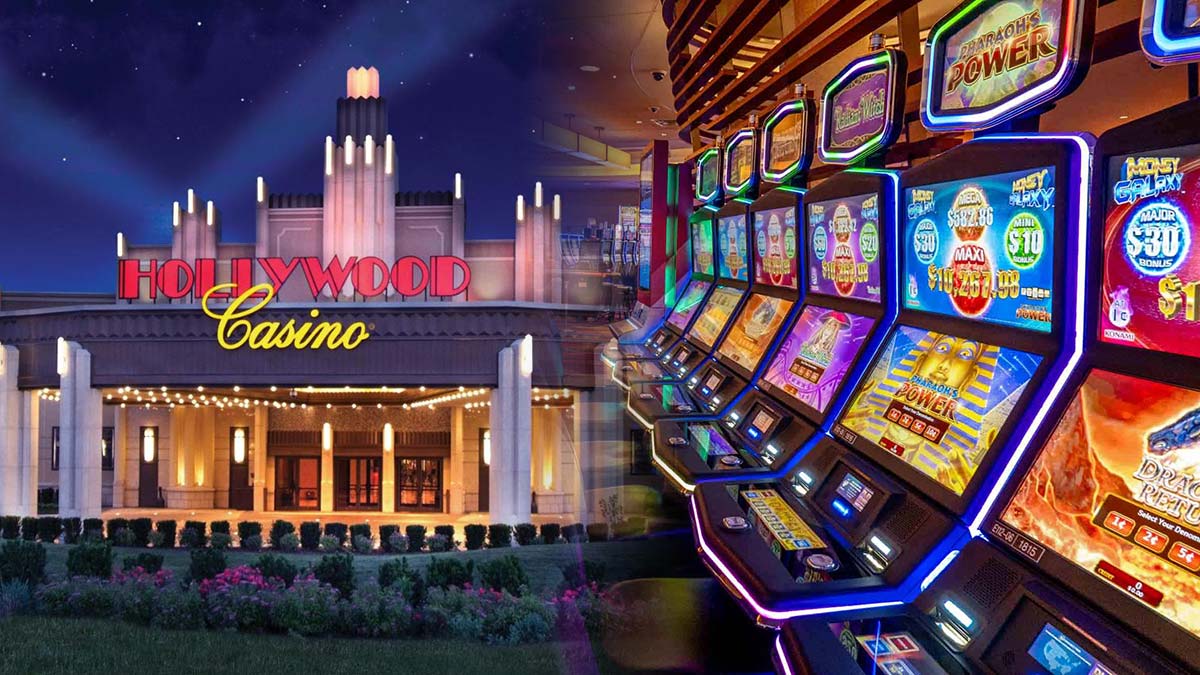The Progression of Casino Gaming Activities Across the Years
Gambling games have captivated players throughout history, progressing from easy diversions to complex experiences that blend luck, strategy, and entertainment. From the historical origins of gambling in cultures like ancient Mesopotamia and Rome to the dazzling corridors of contemporary casinos, the journey of these games reveals much about human nature and our relationship with chance. As cultures have merged and innovation has progressed, casino games have transformed, mirroring the changes in society and advancements in gameplay.
The earliest forms of gambling likely involved elementary dice games and betting on the outcomes of sports competitions. As time passed, these basic forms of gambling grew into more complex games like card games, the game of roulette, and the myriad one-armed bandits that line the floors of casinos today. Each period brought its distinct regulations, visual styles, and sociocultural significance. At present, casino games continue to evolve with the rise of digital gaming platforms, enabling players from all corners of the globe to join in a common experience, further merging the traditional with the modern era.
Initial Beginnings of Gaming Games
Gaming activities have roots that extend back to ancient civilizations, where gambling was profoundly embedded in social practices and social rituals. The earliest known instances of betting appeared in ancient Mesopotamia around 3000 BC, featuring basic dice activities made from knuckle material. These primitive games laid the foundation for more advanced betting activities, reflecting human beings’ innate desire to seek fortune and entertainment through chance. shbet
As civilizations progressed, so did their betting interests. In ancient Chinese culture, around 2300 BC, objects were found that were similar to primitive basic forms of a lottery activity. More structured instances of betting developed in the ancient Roman civilization, where activities of chance were a popular pastime, often taking place in community events. The ancient Romans developed different wagering games, which included die and board games, illustrating the pervasive nature of gambling across various economic strata.
With the movement of years, these early activities influenced the development of modern gambling activities. In the medieval period, card activities grew prevalent in European culture, paving the way for the organized gaming establishments we know today. The transition from casual betting to formal gaming in taverns and personal homes marked a significant change in how people engaged with games of luck, leading to the eventual establishment of gaming houses as dedicated venues for gambling.
The Rise of Contemporary Casino Gaming
The late 20th century marked a significant shift in the realm of gambling games, propelled by technological advancements and shifts in societal views towards betting. The introduction of personal computers and the World Wide Web altered the way gamblers interacted with their favorite games. Online casinos emerged, enabling gamers to enjoy classic casino classics like poker and blackjack from the safety of their houses. This new online environment not only broadened access to gambling options but also attracted a fresh audience who found the ease and diversity appealing.
As online gambling gained popularity, so did developments in casino tech. The creation of sophisticated programs and graphics changed traditional gambling games into captivating experiences. Gamblers could now interact with realistic live dealers through real-time broadcasts, bringing the atmosphere of brick-and-mortar casinos directly into their houses. This fusion of in-person play with online platforms created a novel combination that elevated the social aspect of gambling, making it possible for people to engage and compete with fellow gamers around the planet.
Additionally, the emergence of gaming on mobile devices substantially changed the gambling environment. With the widespread use of smartphones and touch devices, gamblers can enjoy their beloved gaming options everywhere, at any time. Mobile apps offer a wide selection of options customized for mobile screens, catering to the dynamic daily life of modern users. This availability has resulted in rising participation in casino games, fostering the surge of the gaming industry. As a result, the future of gambling continues to evolve, adapting to technological advancements and changing consumer preferences.
How Technology Influences Casino Games
Technology’s advancement has significantly transformed casino games, improving the overall experience for players for gamblers globally. With the introduction of the internet, online casinos were created, allowing players to play their preferred games from the comfort of their homes. This shift not only made casino games more available but also expanded the variety of games offered, as online platforms could offer many different versions of traditional games without the limitations of physical casinos.
Mobile technology further revolutionized the casino gaming landscape. With the proliferation, players can to play casino games whenever and wherever they want. This flexibility has led to the development of dedicated mobile applications and optimized websites that offer smooth gaming experiences. Additionally, advancements such as live dealer games have brought the genuine feel of a casino into players’ living rooms, bridging the gap between physical and online gaming.
Furthermore, advancements in AI and virtual reality are paving the way for the next generation of casino games. AI enhances game design and player interaction, creating tailored experiences based on user behavior and preferences. Meanwhile, virtual reality provides immersive environments where players can interact in a simulated casino setting, making the gaming experience more exciting and realistic. As technology continues to evolve, the future of casino games seems bright, filled with endless possibilities for innovation and entertainment.
